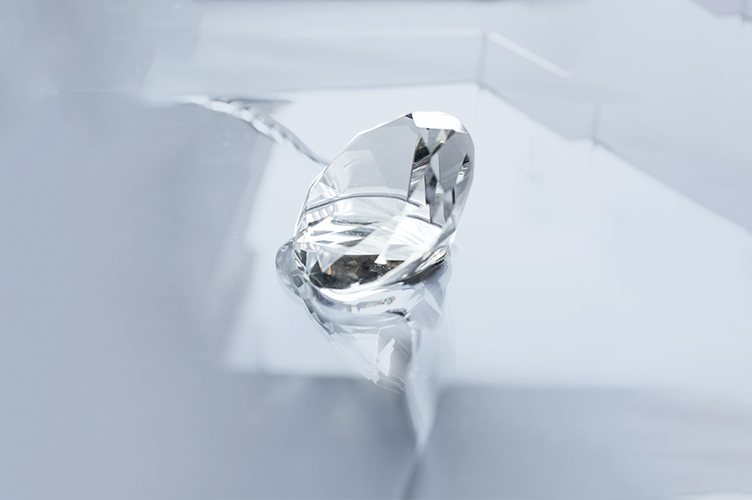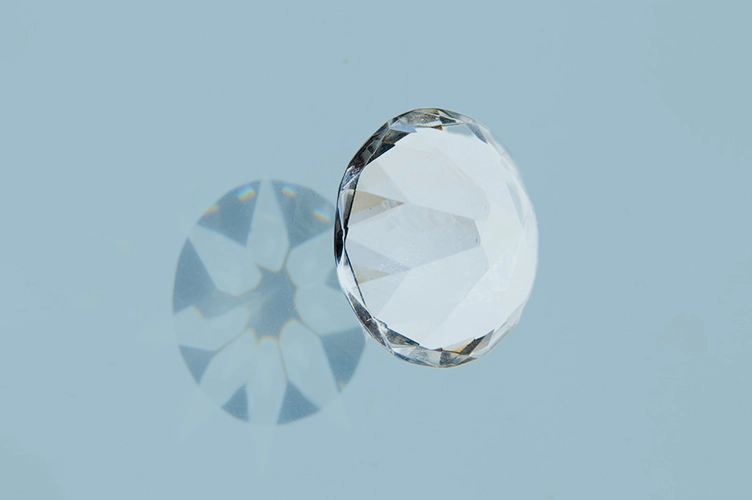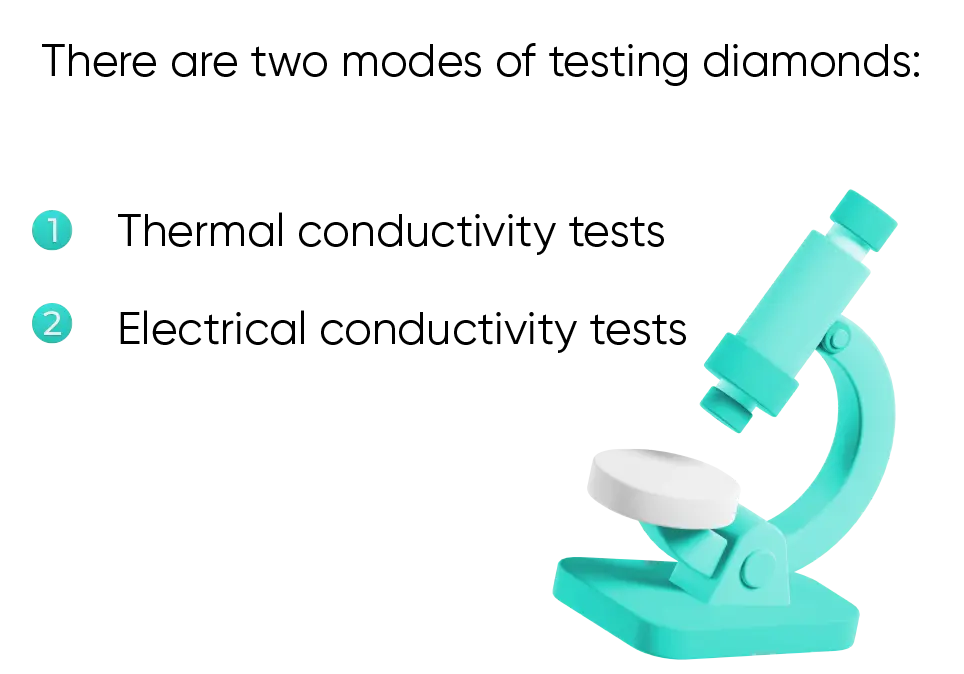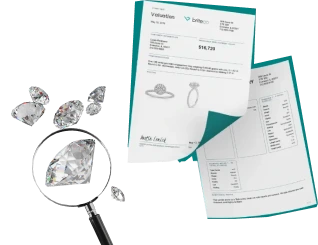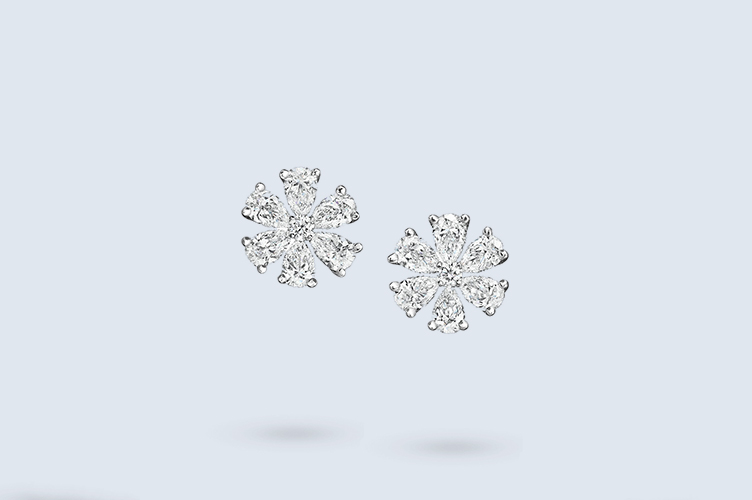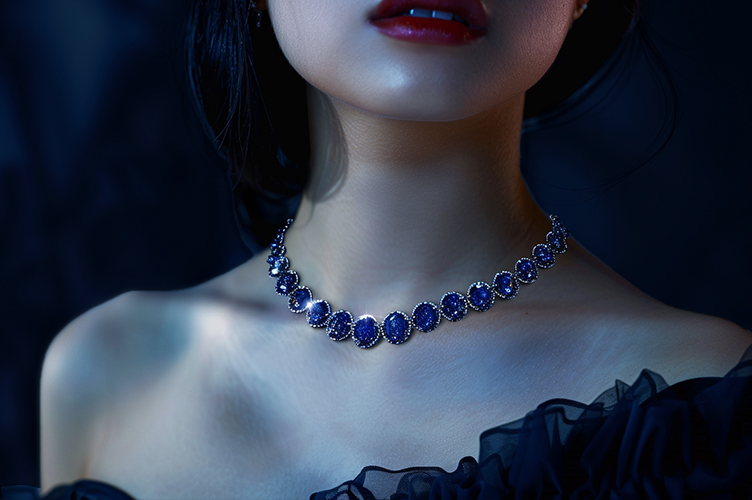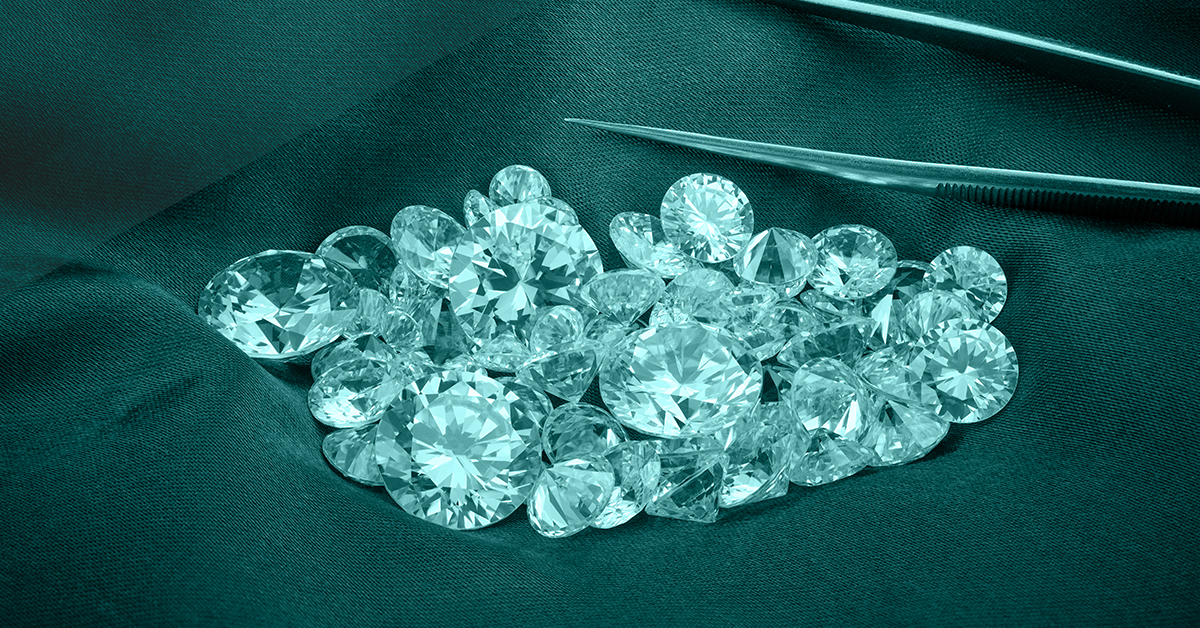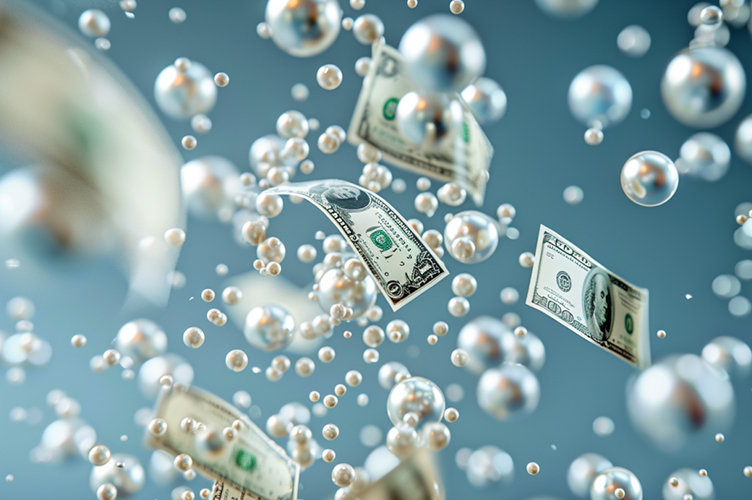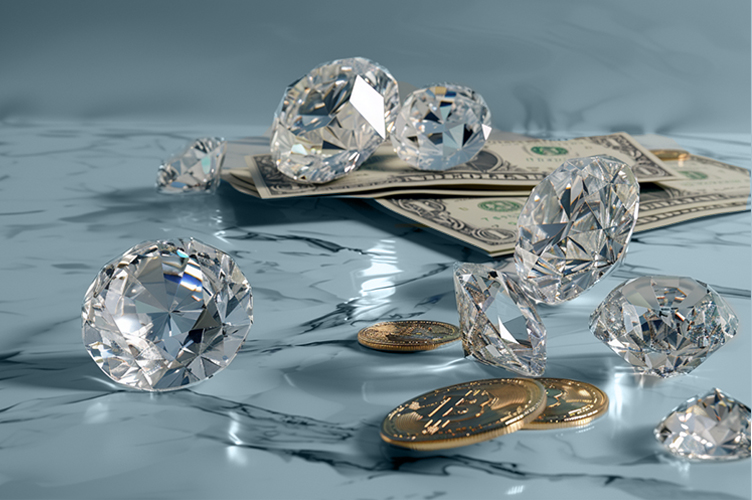Do Lab Grown Diamonds Pass a Diamond Tester? Lab Grown and Natural Diamonds Aren’t All That Different
While, to a non-expert, lab created diamonds and earth mined diamonds may look the same, do experts feel the same way? If you’re hesitating to buy lab grown diamonds because you’re worried that a stone created in a lab isn’t as good as “the real deal,” here’s everything you need to know.
What You Will Learn
Will Lab Grown Diamonds Pass a Diamond Tester? How to Test Lab Diamonds
A lab grown diamond is identical in chemical makeup to real diamonds, which means that a lab diamond is nearly identical in appearance to any real diamond. Why do we say “nearly” and not “completely”?
Well, thanks to a lab’s precise working conditions and the ease with which manufacturers can control a lab grown diamond’s growing environment, lab grown diamonds typically boast a higher color and clarity grade compared to that of a mined diamond.
Because of their difference in origin with earth minded diamonds, do lab created diamonds test as real? We must look at how exactly the diamond industry tests diamonds to answer this.
How Does a Diamond Tester Work?
There are two modes of testing diamonds:
- Thermal conductivity tests
- Electrical conductivity tests
The diamond testers ( sometimes known as diamond selectors) are simple for both tests. While you might hear the phrase “diamond tester” and think of some complex machinery in a lab somewhere, a standard diamond tester looks more or less like an ink pen with a tiny metal tip. A panel on the tester’s side shows a series of lights and colors that indicate whether a tested material is a genuine diamond, or another material such as moissanite, cubic zirconia, diamond simulants, or metal.
Both types of tests, thermal or electrical conductivity, use heat to see how well a particular stone can conduct that heat. Under these circumstances, a lab grown diamond will show test results identical to a real diamond.
While lab grown diamonds are identical, as far as chemical properties go in comparison to mined diamonds, some electrical conductivity tests also look for traces of nitrogen. About 98% of natural diamonds contain nitrogen from growing within the Earth. When a lab diamond is grown using a diamond seed, it typically displays no nitrogen. If a diamond tester is only checking for traces of nitrogen as verification, lab diamonds would likely not pass the test.
Is There a Lab Created Diamonds Test to Differentiate Lab Diamonds from Mined Diamonds?
While, as we’ve discussed, lab created diamonds will, under most circumstances, test identically to mined diamonds and pass a diamond tester inspection with ease, what if you specifically want to test a diamond for being created in a lab versus being mined from the Earth?
While a traditional diamond tester can’t help you under those circumstances, as it will register both stones as the same, some resources can distinguish a mined diamond from a lab grown diamond.
The Gemological Institute of America developed DiamondView for this purpose. The tool uses UV lighting to identify different types of stones. The tool reveals patterns in fluorescence that distinguish lab grown from earth mined or natural diamond stones. A natural diamond will typically display straight growth patterns, while lab grown diamonds tend to show curved patterns. The lab diamonds are also phosphorescent under DiamondView’s UV lighting, whereas mined diamonds are not.
FAQs: Do Lab Diamonds Pass the Diamond Tester?
Here’s a quick rundown of all our main points that you’ll find above (plus a few more tidbits of information that you might find handy as you’re shopping for your next diamond).
Do lab diamonds pass diamond tester inspection?
Yes! Under most circumstances, lab diamonds test identically to real diamonds when using a standard diamond tester. The only instances when they may not identify as real diamonds are if the tester checks for certain nitrogen levels or if the diamond’s composition uses specific, older methods of creating lab grown diamonds. The tester might say the stone is a fake diamond or cubic zirconia in these cases.
Are lab grown diamonds real?
Yes, for all intents and purposes, lab grown diamonds are real diamonds. They exhibit the same chemical and physical makeup as mined diamonds.
Can a jeweler tell the difference between natural and lab diamonds?
A jeweler can only tell the difference between a natural diamond and a lab diamond if they use a diamond tester. With magnification, they can sometimes tell the difference by looking at the presence of specific types of inclusions when comparing the two stones side by side.
Do I need an appraisal for a lab grown diamond?
Yes! You’ll need to get an appraisal for a lab grown diamond if you plan on insuring it or if you plan on selling it in the future. An appraisal will tell you how much the lab grown diamond is worth at retail.
Are there any downsides to buying a lab grown diamond?
The primary downside to buying a lab grown diamond is that lab grown diamonds do not boast the same rarity as mined diamonds, which lowers their long-term value. However, this should only be of concern if you plan to use the diamond as an investment.
Did You Know You Can Insure Your Lab Grown Diamond?
Lab-grown diamonds aren’t as expensive as mined diamonds, but that doesn’t mean they’re not worth protecting. Just like the answer to “Do lab made diamonds pass the diamond tester?” is a resounding “yes!” the answer to “Should I protect my lab made diamonds from potential loss or damage?” is the same.
Learn more about BriteCo’s extensive diamond coverage options and get a quote today!
Also Check:
Best Custom Lab Grown Diamond Engagement Rings
Disadvantages of Lab-Grown Diamonds | BriteCo Jewelry Insurance
The Best Lab Grown Diamond Rings | BriteCo Jewelry Insurance
Lab Grown Diamond Necklace: An Expert’s Pick
Moissanite vs Diamond vs Lab: How to Choose?
How Much Cheaper are Lab Grown Diamonds?

